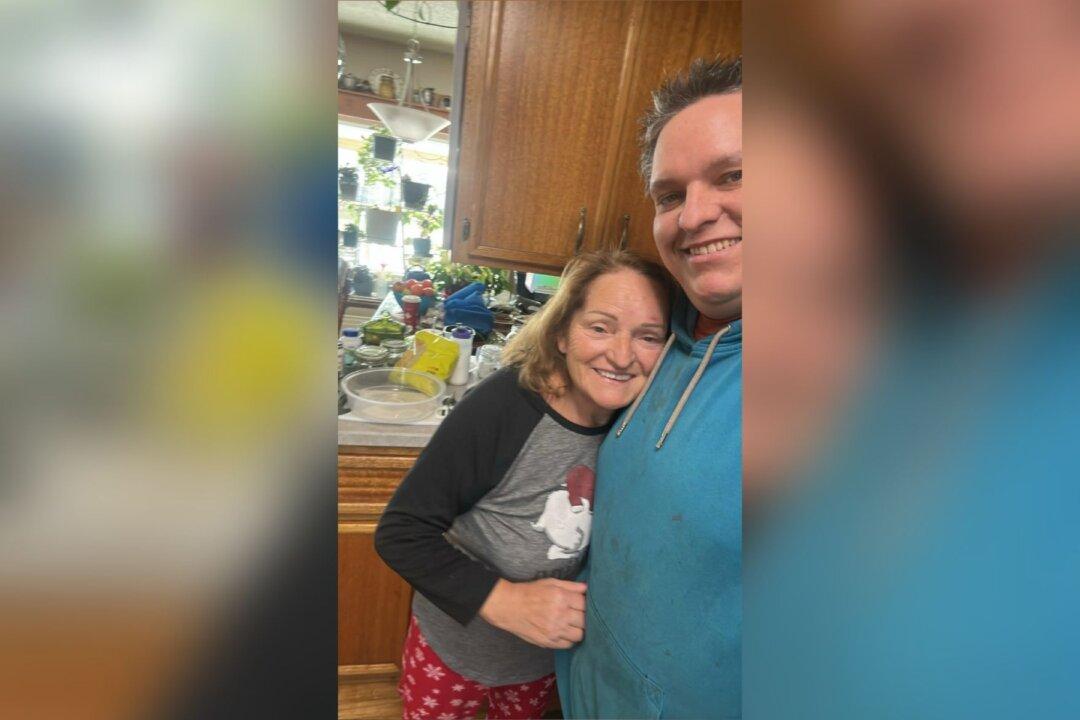EDMONTON—An emotional recounting of her own harrowing history as a victim of domestic violence has earned an NDP politician a standing ovation and support from all members of the Alberta legislature.
Maria Fitzpatrick, member for Lethbridge-East, rose Monday to address the assembly in support of Bill 204, a private member’s bill put forward by Independent MLA Deborah Drever.
The bill would allow victims of domestic violence to break their leases without financial penalty, thereby making it easier for them to escape abusive situations.
Fitzpatrick told the house that at one point during her troubled nine-year marriage to her ex-husband, who has since died, she awoke to find he was pointing a gun to the back of her head.
She recalled hearing the clicking sound of the hammer as the trigger was pulled, and his hysterical laughter as she realized there were no bullets in the gun. She said he threatened her that the next time, there would be bullets.
He told her he would kill their daughters first, in order to see her pain, and then he would kill her.
“I knew it would be just a matter of time before he followed through on these threats.”





